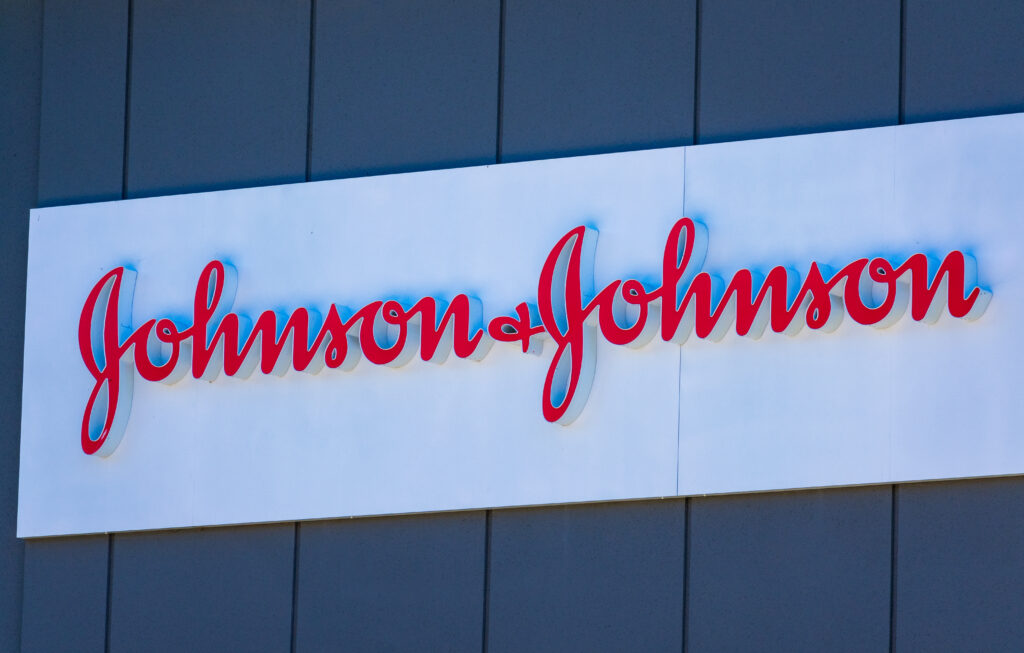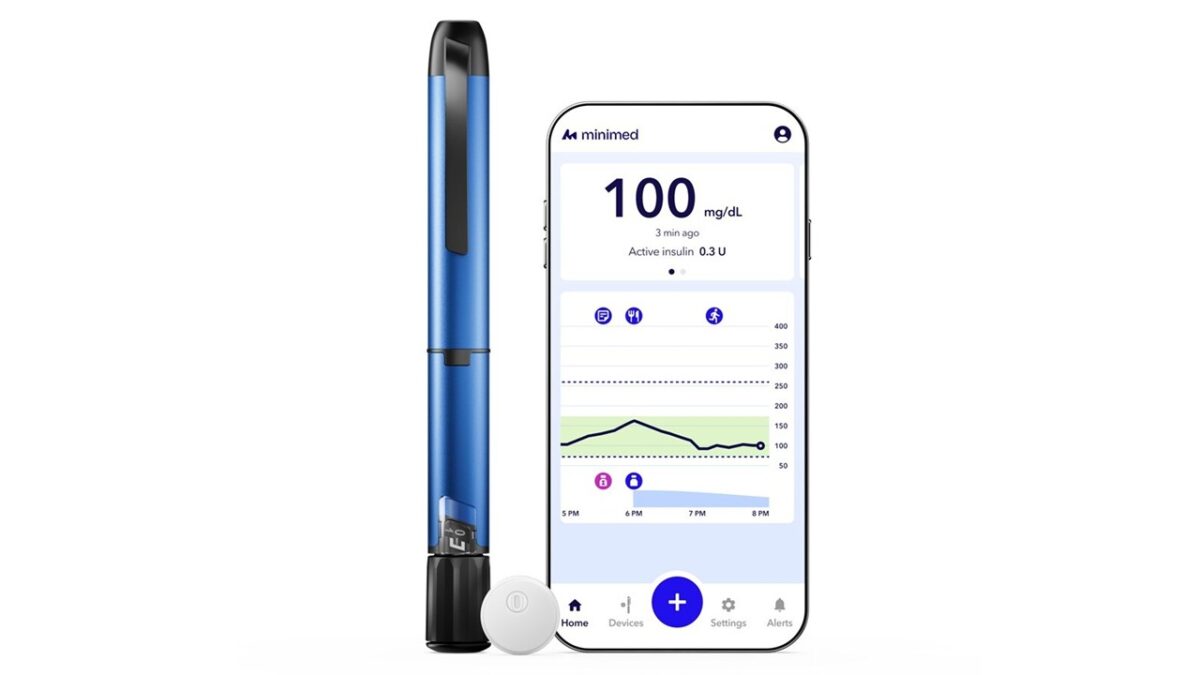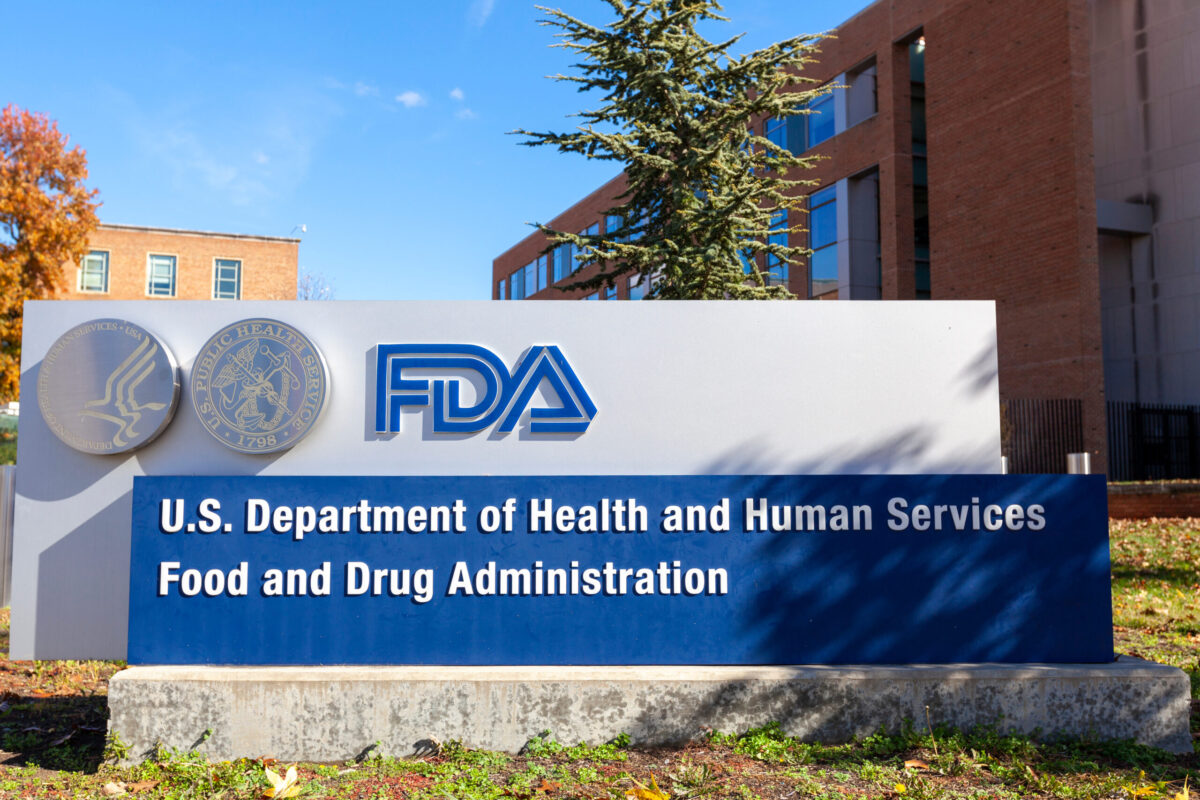Johnson & Johnson has become the fourth major drugmaker to sue the US government in attempts to block a Medicare drug price negotiation program, which is part of the Biden administration’s Inflation Reduction Act (IRA).
Drugmakers are saying the program will put a dent in their profits, which will force companies to halt their drug development programs for innovative new cutting-edge treatments.
So far, Merck, Bristol Myers Squibb (BMS) and Astellas have filed separate lawsuits with the same argument, and Johnson & Johnson joined the trio with its own lawsuit this week.
In the lawsuit filed in federal district court in New Jersey on Tuesday, Johnson & Johnson’s pharmaceutical unit Janssen claimed that the drug price negotiation program “forces manufacturers to relinquish their patented drugs on draconian terms dictated by the government.”
It blasted the program as being “unconstitutional,” saying it overrides the free-market system with “punitive price controls.” The company claims the “radical” changes will hinder the development of new treatments and could also lead to reduced drug availability and fewer treatment options.
In a statement, the company said, “The government is forcing Janssen to provide its innovative, patented medicines on pricing terms that by law must be significantly below market prices.”
Astellas had similar things to say in the lawsuit it filed on Friday last week. Also last week, Merck, the first pharma company that sued the US government over the program last month, stepped things up by filing for a decision in its case without a trial.
Related: J&J Sues Baby Powder Researchers Over “Junk Litigation Opinions”
Americans pay more for prescription medicines than any other country in the world.
The drug pricing plan will involve Medicare negotiating prices for some of the most expensive medicines used by its beneficiaries who are 65 years of age and older. Through the plan, the Biden administration hopes to save $25 billion annually by 2031.
In its litigation, Johnson & Johnson claimed that if manufacturers do not “agree” to the “government-dictated terms of the IRA, they face massive penalties of up to 1900 percent of a selected drug’s daily sales or are forced to withdraw all of their products from both Medicare and Medicaid — potentially depriving nearly 40 percent of US patients of needed medicines.”
The US Chamber of Commerce and the industry association Pharmaceutical Research and Manufacturers of America (PhRMA) have also filed similar lawsuits. The US Chamber of Commerce is seeking an injunction to stop the plan from being implemented.
In September, the US Centers for Medicare and Medicaid Services (CMS) is expected to choose the first ten drugs to target for negotiations. The new negotiated prices are expected to take effect in 2026.
“As the Secretary has already made clear, we will vigorously defend the President’s drug price negotiation law, which is already helping to lower health care costs for seniors and people with disabilities. The law is on our side,” a spokesperson for the US Department of Health and Human Services said in a statement.
According to a Moody’s Investors Service report, Astellas’ Xtandi (enzalutamide) and Myrbetriq (mirabegron) will be two treatments that will be immediately impacted by the negotiations program.
Johnson & Johnson will be facing price negotiations for Xarelto (rivaroxaban) and AbbVie-partnered Imbruvica (ibrutinib). Last year, Xarelto, a medication used to treat and prevent blood clots and reduce the risk of stroke, brought in $2.47 billion in revenue for the company. Cancer drug Imbruvica generated just over $3.78 billion in global sales for Johnson & Johnson in 2022.












Join or login to leave a comment
JOIN LOGIN